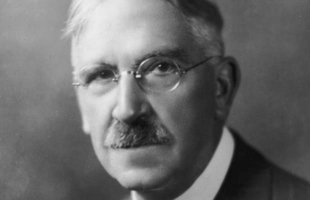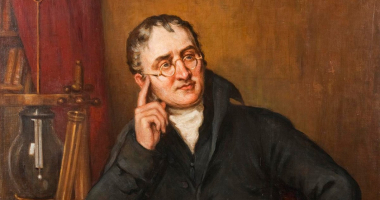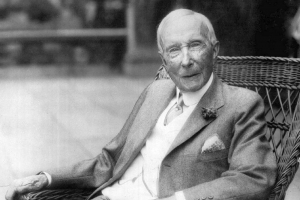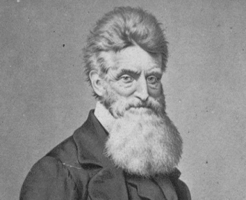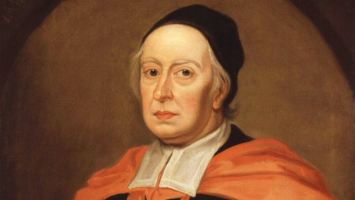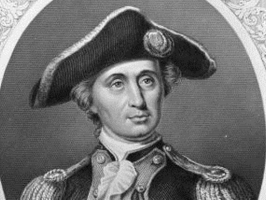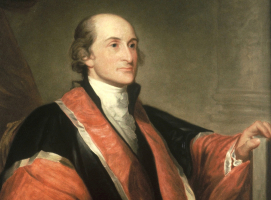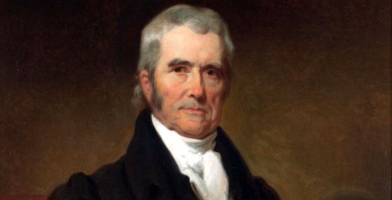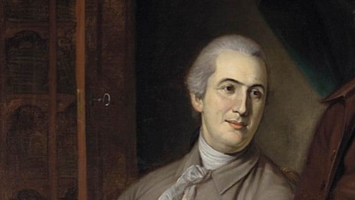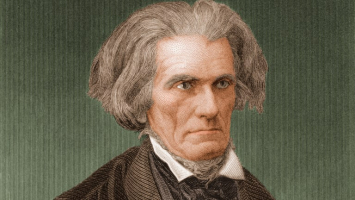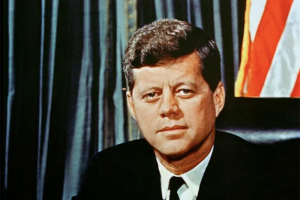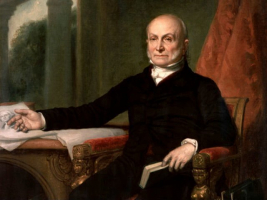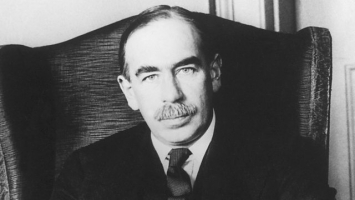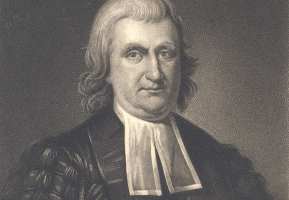Top 6 Interesting Facts about John Wilkes Booth
Do you want to know more about the interesting facts about John Wilkes Booth? If so, you have come to the right article. It will inform you of various facts ... read more...about John Wilkes Booth so that you will have more insights into his life.
-
As you are probably aware, the personal connections between Abraham Lincoln and John Wilkes Booth continue to mount. While their previous encounters were purely coincidental, Booth began actively attempting to bring the two together at this point in their history. Before deciding to murder the president, Booth attempted a less violent approach by plotting to kidnap Lincoln instead. This plot took place a month before the actual assassination, but it fizzled when Lincoln simply did not appear where Booth expected him to. Booth went to Plan B.
President Abraham Lincoln was assassinated by John Wilkes. He despised Lincoln because he supported slavery. So, how did he assassinate Lincoln? Lincoln will be attending a comedy at the Ford Theatre, according to John Wilkes. He was familiar with the show because he was an actor, and he carefully planned when to assassinate President Lincoln. President Abraham Lincoln was assassinated on the evening of April 14, 1865, while attending a special performance of the comedy "Our American Cousin." His wife, Mary Todd Lincoln, a twenty-eight-year-old officer named Major Henry R. Rathbone, and Rathbone's fiancée, Clara Harris, accompanied him to Ford's Theatre that night. During the play, a figure with a drawn derringer pistol entered the presidential box, aimed, and fired. The president shifted his weight forward. Then he jumped out of the box and ran away.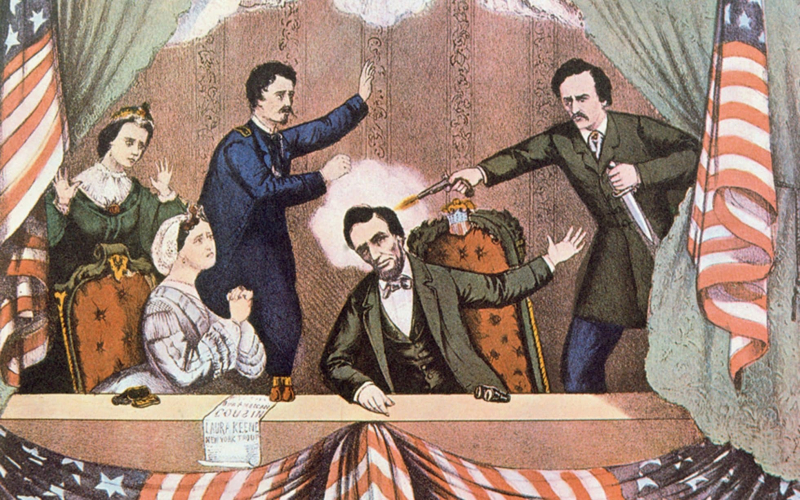
Photo: The Telegraph - On this day in 1865: John Wilkes Booth shoots Abraham Lincoln at Ford's 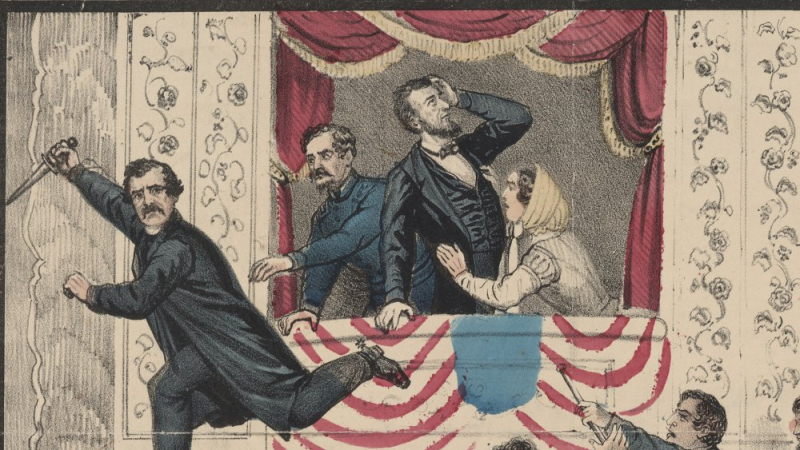
Photo: Global News - The assassination of President Lincoln, 14 April 1865 -
Booth was an athletic and popular child who excelled at horsemanship and fencing. He was an indifferent student at Bel-Air Academy, according to the headmaster "He was not stupid, but he was unwilling to take advantage of the educational opportunities that were available to him. Every day, he rode from farm to school, more interested in what happened along the way than in getting to class on time ". He attended the Quaker-run Milton Boarding School for Boys in Sparks, Maryland, in 1850-1851, and then St. Timothy's Hall, an Episcopal military academy in Catonsville, Maryland. Students at the Milton school recited works by Cicero, Herodotus, and Tacitus, among others. St. Timothy's students wore military uniforms and were subjected to daily formation drills and strict discipline. John Wilkes Booth dropped out of school at the age of 14 after his father died.
As a child, he frequently skipped school. He had a limited education because he dropped out of school at the age of 14 to pursue a career as an actor. He did not work very hard as an actor, and there were times when he did not learn his script because he was too lazy. That was the main reason why his brother was regarded as a far superior actor. However, he lacked his brother's natural talent and was a mediocre actor. Because of his natural talent, he gradually gained popularity, but he could have become as famous as his brother. He had everything an actor could want: beauty, athleticism, and charisma.
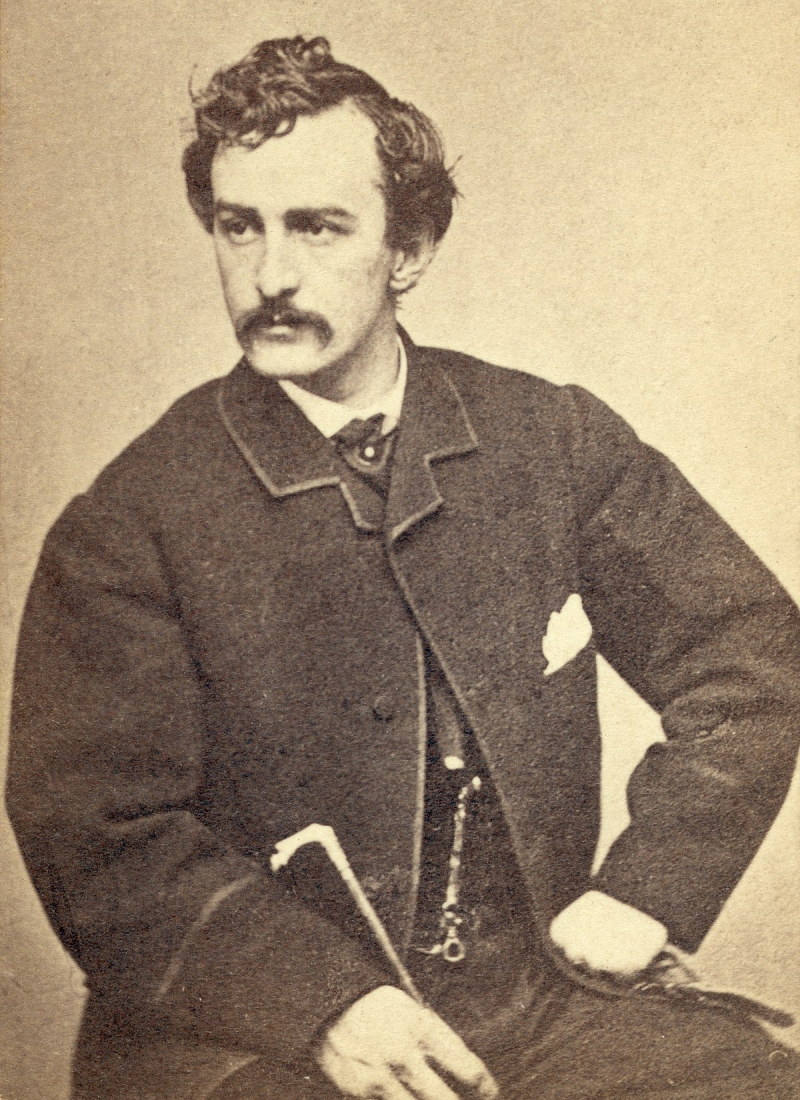
Photo: Wikipedia 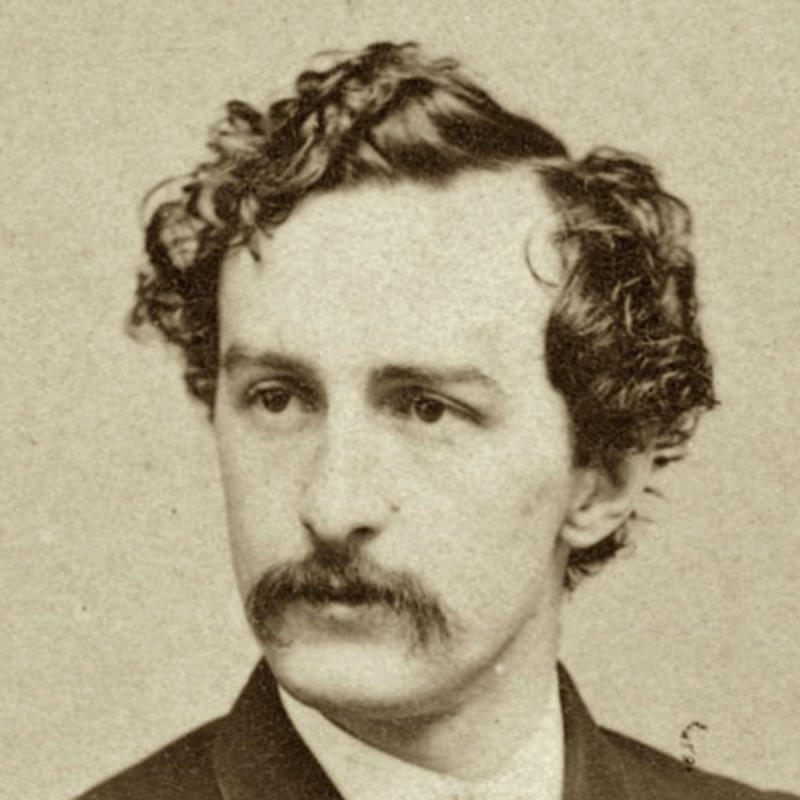
Photo: bio. Biography.com -
According to history, Presidential Assassin John Wilkes Booth broke his leg as he jumped from the President's Box to the stage, claiming Booth's spur became entangled in the red, white, and blue flag that draped the front of the area where the Lincoln party sat. In the twenty-first century, however, historiography must compete with forensic history. A closer examination of primary sources, including letters from both Booth and the doctor who treated him, has increased the possibility of casting doubt on when Booth broke his leg: when he landed on the stage at Ford's Theatre, or later that evening as he raced away from the scene of the crime?
When he leapt from the Presidential Box to the stage, Booth claimed that he "broke my leg in jumping." Did he, however? Booth's claim also contradicted what eyewitnesses saw. A.M.S. Crawford, the first witness, was also seated in the Dress Circle section of the theatre. Crawford stated that "I saw him (Booth) as he ran across the stage" on the night of the assassination. Actor Harry Hawk, who was on stage at the time Booth jumped, saw Booth "rushing toward him with a dagger" in his hand. Other people in the theatre claim to have seen Booth run, not limp, across the stage that night. William Withers, Sheldon P. McIntyre, John Downing Jr., Dr. Charles Sabin Taft, Major General B.F. Butler, and Samuel Koontz were among the witnesses. According to these witnesses, John Wilkes Booth fled the theatre after landing on the stage. None of them described Booth limping or appearing to be in any pain.
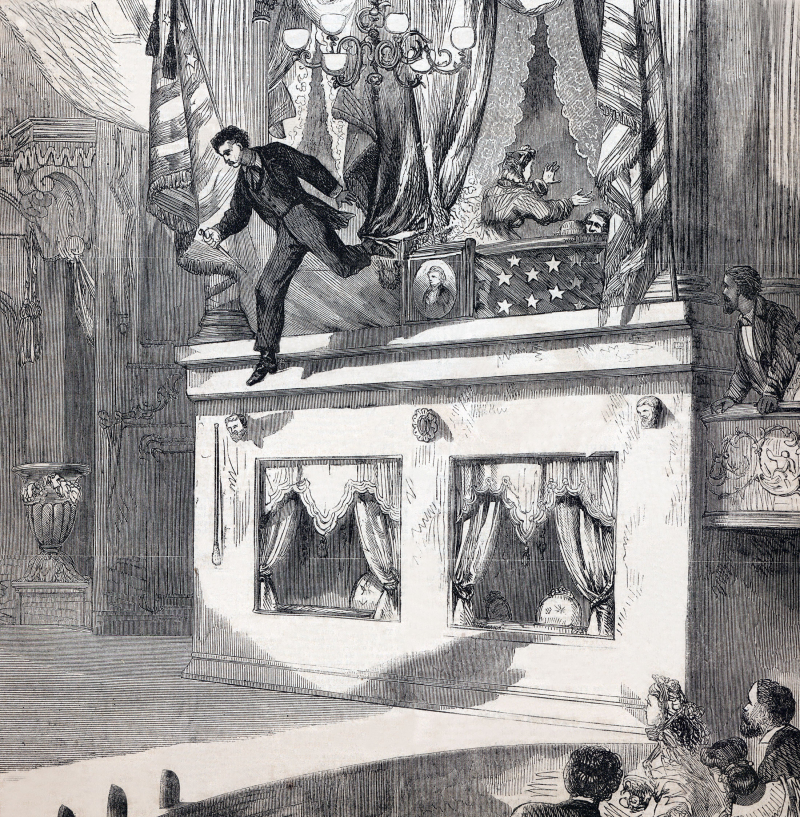
Photo: Vox - John Wilkes Booth leaping to the stage and broke his leg 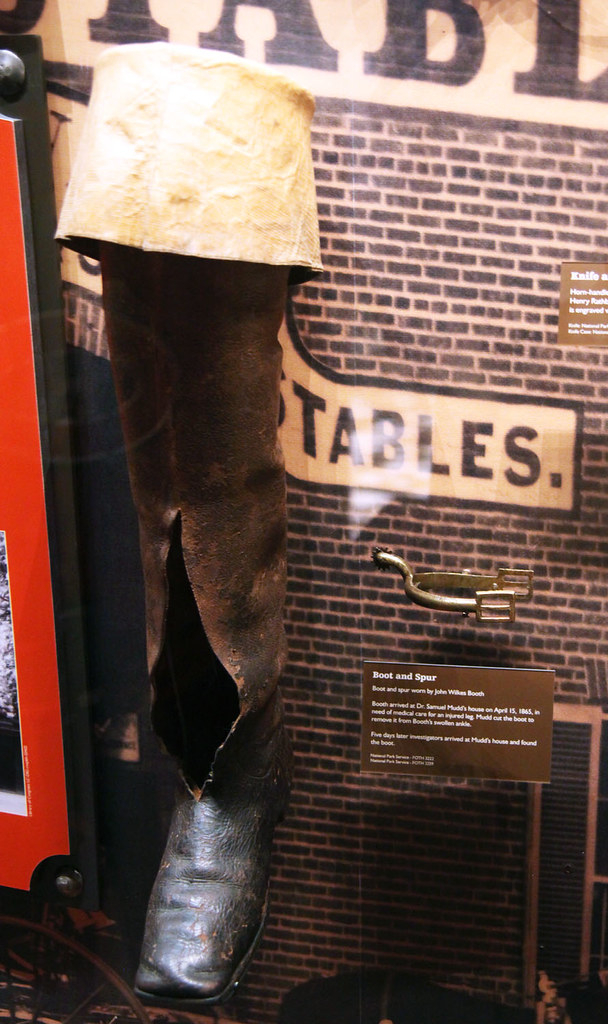
Photo: Flickr - John Wilkes Booth boot and spur -
One of the interesting facts about John Wilkes Booth regarding the case of a doctor who treated the fugitive booth was sentenced to life in prison.
John Wilkes Booth had some serious connections thanks to the anti-Lincoln conspiracy he was a part of, which helped him escape and stay on the run after his infamous slaying. One of these connections led Booth to a doctor, Samuel Mudd, who agreed to treat his badly broken leg. Mudd successfully treated Booth's leg, allowing him to avoid justice for a little longer, but he paid a high price for his treasonous actions. Though Mudd maintained his innocence in the assassination plot, testimony during his conspiracy trial revealed that he had met Booth at least once prior to the murder, and setting Booth's broken leg did not help him. Mudd's fate was sealed when he was sentenced to life in federal prison, a sentence that was later commuted by a future president.
Though Mudd maintained his innocence in the assassination plot, testimony during his conspiracy trial revealed that he had met Booth at least once prior to the murder, and setting Booth's broken leg did not help him. Mudd's fate was sealed when he was sentenced to life in federal prison.
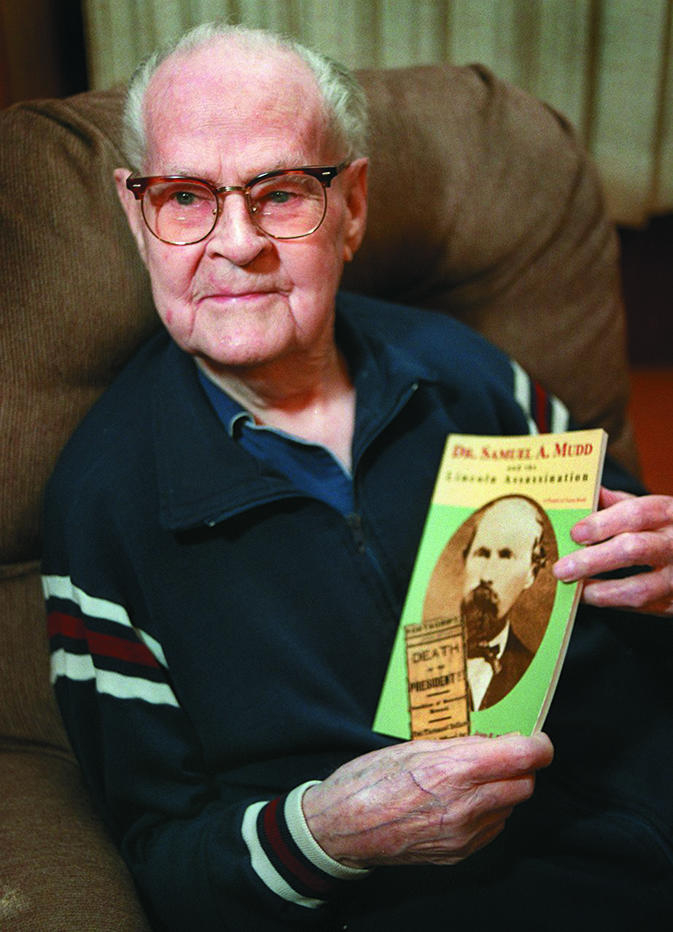
Photo: Europe PMC - Richard Dyer Mudd 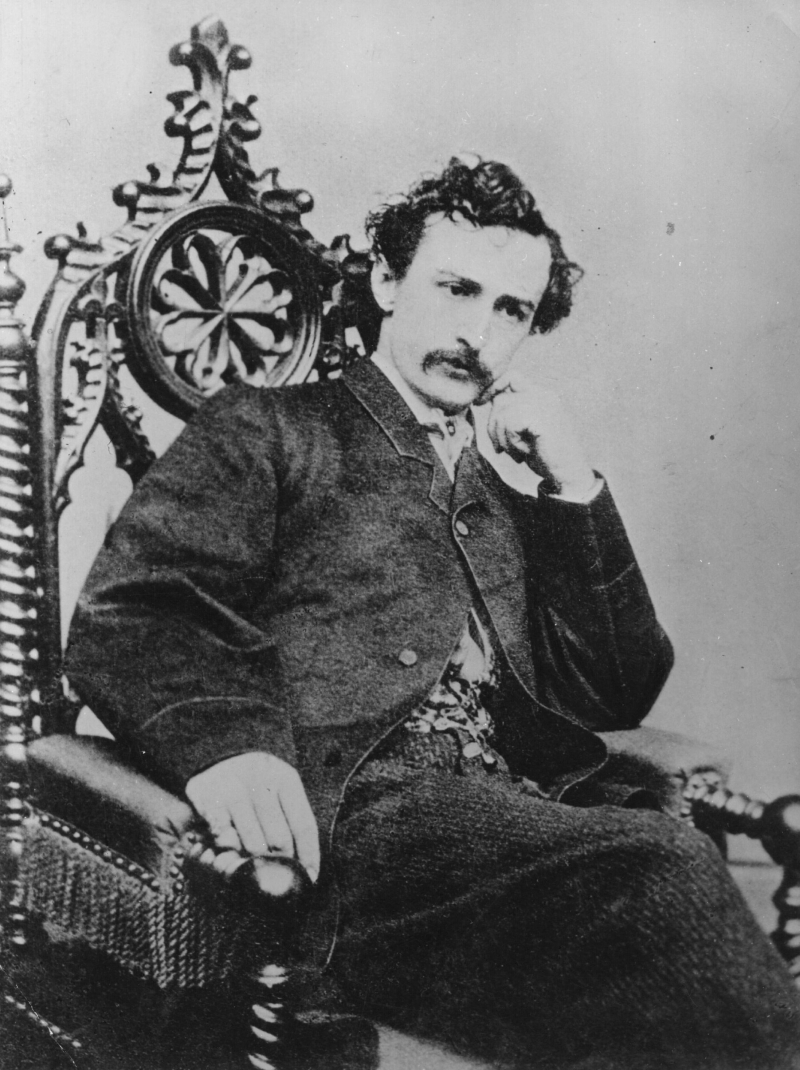
Photo: NPR - John Wilkes Booth -
Before entering the presidential box of Ford's Theatre on April 14, 1865, John Wilkes Booth was already a familiar figure to many Americans as a member of an illustrious family of stage actors. Before John Wilkes fatally shot President Abraham Lincoln, his name had been emblazoned on American theater playbills for decades. Only a few months before, the assassin and his two brothers had appeared on Broadway in a benefit performance of Julius Caesar to raise funds for the erection of a statue of William Shakespeare in Manhattan's Central Park.
The prospect of fame, fortune, and freedom piqued young Booth's interest, and he demonstrated remarkable talent from an early age, deciding on a career in the theater by the age of 17. He appeared in several small theaters across England before embarking on a tour of the Low Countries in 1814, returning the following year to make his London debut.
To live up to his family's theatrical reputation, the volatile John Wilkes, an ardent Confederate supporter, took center stage in an American tragedy. His assassination of Lincoln altered American history and the lives and reputations of many of Booth's relatives, including one who unknowingly saved Lincoln's life and another who wrote a secret memoir of her infamous brother.
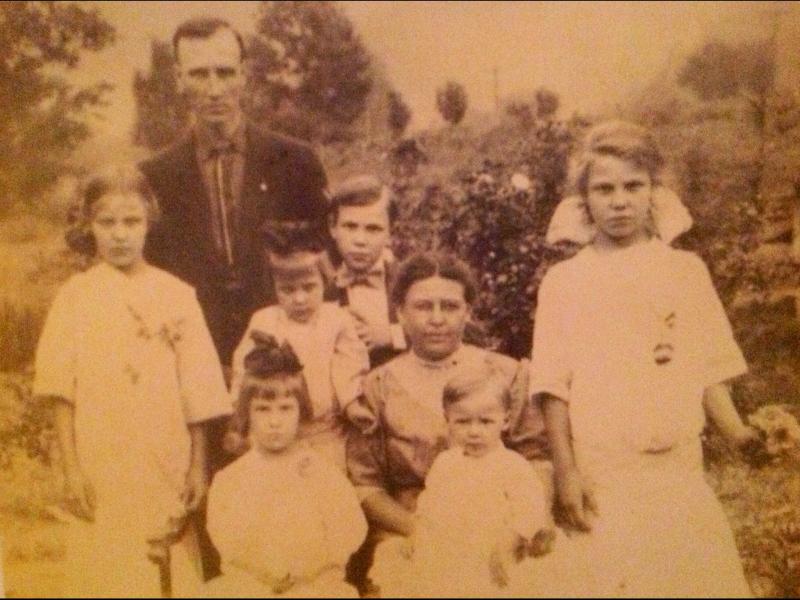
Photo: Pinterest - Booth Family History Video: Obscurely Famous Graves - John Wilkes Booth Family -
You may not know, one of the interesting facts about John Wilkes Booth, he was arrested and died in 1865.
Twelve days after assassinating President Abraham Lincoln, Union soldiers track him down to a Virginia farm and kill him. When Mudd was implicated in the conspiracy, he received a life sentence in prison, but the sentence was later commuted. Booth sought refuge for several days at the home of Confederate agent Thomas A. Jones before boarding a boat and rowing across the Potomac to Virginia.
John Wilkes Booth's luck ran out after receiving assistance from several Confederate sympathizers. The countryside was swarming with military units looking for Booth, but few shared information due to the $20,000 reward. While staying at Richard Garrett's farm, federal troops arrived on their search but quickly rode away. Garrett let his suspicious visitors sleep in his barn, but he told his son to lock the barn from the outside to keep the strangers from stealing his horses. The Union soldiers were led back to the Garrett farm by a tip, where they discovered Booth and Herold in the barn. Booth refused to let Herold out. To flush Booth, the building was set on fire, but he was shot while still inside. He lived for three hours before dying, staring at his hands and muttering, "Useless, useless."
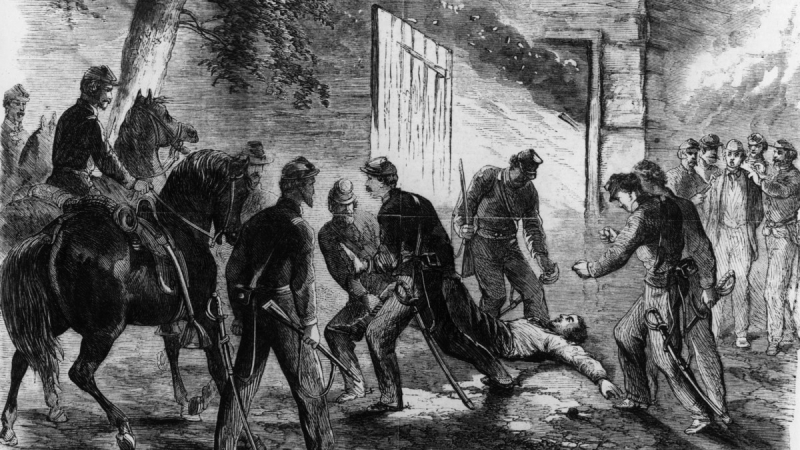
Photo: Getty Images - John Wilkes Booth being dragged from the barn on Garrett's farm by Union cavalry sent to capture him after his assassination of President Lincoln. 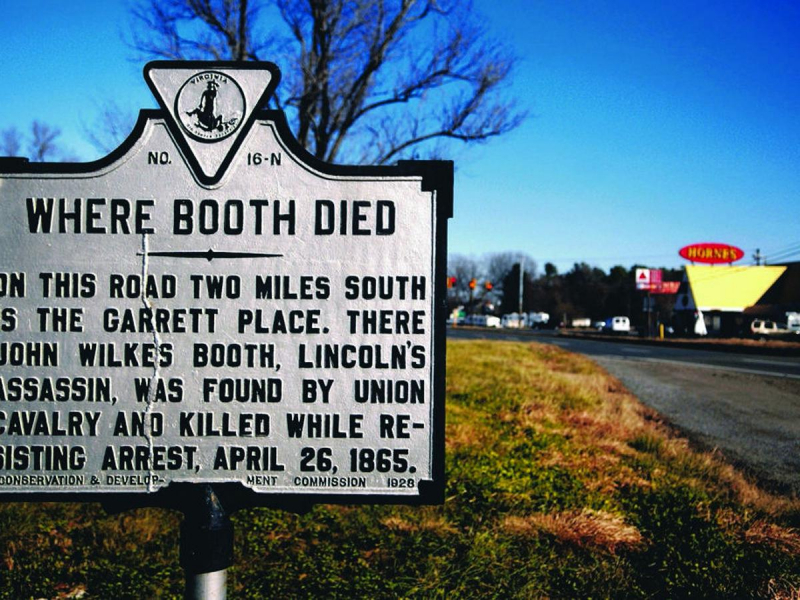
Photo: Fredericksburg - Caroline commemorated anniversary of John Wilkes Booth's capture










